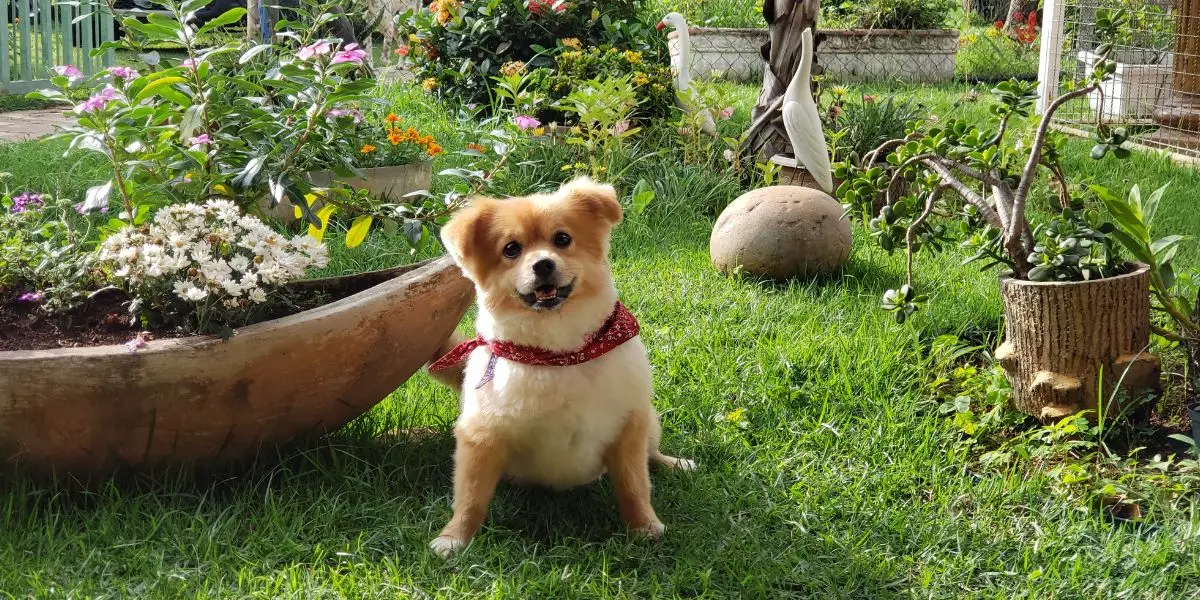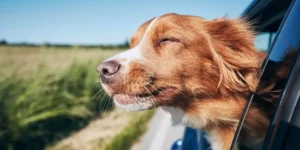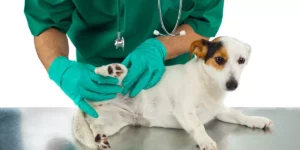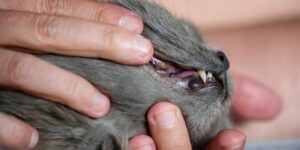One cat or dog does not always wait for his master to eat to his hunger. In addition to the food he eats daily, a pet can chew different plants which he finds in the house. Some plants He may be toxic, while others are edible. Every year, cases of poisoning in domestic animals are recorded.
Edible plants for cats and dogs
True, cats and dogs are carnivores, but they also need to eat herbs. There are plants that are beneficial to your health dog or your cat.
For cats
Grass cat
Rich in minerals and vitamins, it acts on the digestion of a cat by making him vomit. Essential to her health, this grass affects her mood by acting as a natural antidepressant.
Mint cat
Like lavender, it has green or greyish leaves. Because of its hallucinogenic effect, cats appreciate this ear. This plant releases nepetalactone, which is a chemical.
The thyme of cat
It's the same type of aromatic thyme you use in the kitchen. Your catLoves the aroma and it will not bother to bequeath this plant. After picking it, dry it and then put it in a breathable bag to place on your bed. cat.
For dogs
There is little plants edible for dogs. They love to consume ferns especially new shoots that are juicy and sweet. Bamboo is also a food he can eat.
Lavender is the favorite plant of dogs. You should still pay attention to its cultivation, as this plant with a lemony taste is composed of many flowers attracting bees. Not a danger to rabbits, horses and others, this plant perfectly invites you to your garden. It requires only a small amount offertilizers and doesn't ask too much formaintenance.
The toxic plants for domestic animals
Instinctively, dogs and cats remain away from Inner plants and insects that appear to pose a potential danger. If you want to avoid any accident, take into account some plants in pots or earth to banish at home.
The tulip
The lily family including jacinth, lilies, tulips, etc. have digestive toxicity to your pets. Some species are not so harmful and only cause irritation. As with humans, flowering mugs are extremely toxic to these animals.
Philodendron
Because of its beautiful and large leaves, it is a very popular plant. However, this is not the case with your pets. When they eat it, their mouth and tongue will swell. This swelling will lead to choking.
Azalea or rhododendron
Perfectly replaced, these plants are very pretty to see inside a house. Very toxic even at low doses, they are not very recommended. Your cat or your dog or even your bird can chew their leaves that will cause serious consequences.
Cyclamen
His sap generates irritation, while his root can kill an animal. In addition to destroying red blood cells, it causes digestive disorders.
The Ficus
Ficus varieties include bonsai and shrub. Adding a touch of green in a house, the ficus contains latex in its leaves. In dogs or cats, it can cause diarrhea, vomiting and hypersalivation leading to kidney sequelae. There are also other plants, including cannabis, Amaryllis, begonias, carnations, castor seeds and chrysanthemum that are harmful to the health of your pets.
Useful food supplements for dogs and cats
Just like you, your four-legged companion also needs Special feeding supplements for animals such as minerals, calcium, vitamins in its food. Under no circumstances can dietary supplements substitute a balanced and healthy diet. Here are some examples that can optimize your animal's health capital:
- green barley powder: rich in nutrients (amino acids, vitamins...);
- Beer yeast: high in protein, amino acids...;
- egg shells: rich in calcium;
- turmeric: rich in fiber, vitamins, minerals;
- cider vinegar: rich in potassium, chlorine, phosphorus...;
- Spirulina: rich in antioxidants (iron, amino acids, vitamin e...).





